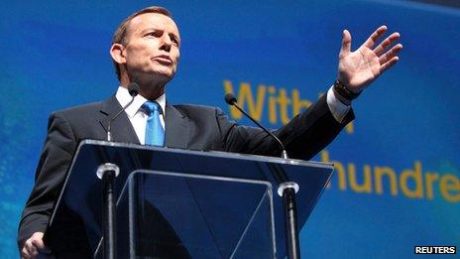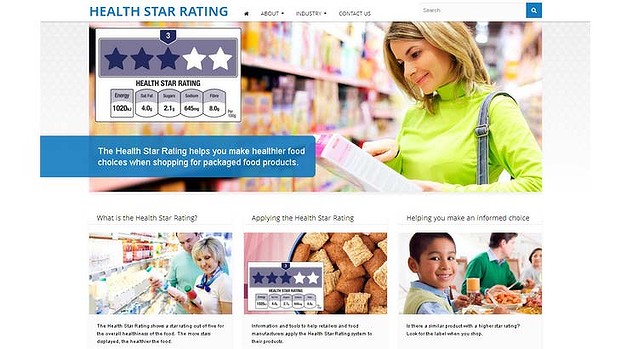Dark Money funding Weaponised Unreality

Billionaires fund bodies with excellent PR strategies to ensure they achieve their goals. Amongst the strategies, “astroturf” organisations use good-sounding names to confuse us in a chaotic information moment. We need help to know which organisations are reliable and which aim to deceive and distort the debate.
The weaponised unreality – or alternative reality – in which the right finds itself immersed has not developed by chance. It is the project of decades of constant work, and billions of dollars. Social media sprays it around the globe, now out of the control of the people who funded and designed the strategies.
The concept of “marketing doubt” was honed by the tobacco lobby from the late 1960s, deferring action on the science that had proved smoking was a deadly risk. Muddying the debate was enough to prevent legislators setting restrictions and courts imposing damages. It is estimated that, in America alone, 16 million people died from tobacco use over that period.
The fossil fuel sector initially pursued research into diversifying energy sources once the threat from excess carbon in the atmosphere became reasonably clear in the late 70s. In the 80s, when the sector decided this was too costly, they adopted the tobacco sector’s propaganda plan. Many of the same people transferred and refined the skills to delay action, forging what is now the climate emergency.
Now institutions like Fox News and Sky, together with their trashier and more radical imitators, fan up outrage about M&M spokescandies or an attack on apparently-beloved gas cooktops. Anyone arguing anything other than the current radicalised right orthodoxy is a “woke” and existential threat. More dangerously, any behaviour that doesn’t reconcile with patriarchal “traditional” sexuality is framed not merely as woke but as an existential threat to the nation.
In between effectively banning abortion and making it possible to take trans youth from supportive families, Florida governor Ron DeSantis has declared war on the Disney corporation threatening to build a prison on its doorstep to punish it for the mildest of resistance to his persecution of LGBTQI+ people.
Realist donors and strategists in America have begun to baulk at the culture war battles* that are alienating the majority of voters – not to mention impinging on the free market. Over decades they fought to have tax and regulations cut, knowing it would harm the mass of voters. Distractions were devised to immerse voters’ identities in cultural campaigns in order to wield enough votes to pursue the goals. For instance, conservatives learnt to believe utterly in their God-given duty to burn fossil fuels.
Now the clear-eyed see the chaos that is the result.
The disinformation strategies began to develop in force with Anthony Fisher’s “think” tanks that drove the harsh neoliberal ideologies of Margaret Thatcher and Ronald Reagan. These propagandist bodies devised plans to spread the plutocrats’ wish-list as though it was an orthodox and widespread academic argument. The most direct offshoot of his project is now the Atlas Network with over 500 interlinked bodies worldwide, including the Institute of Public Affairs (IPA).
The billionaire-enabled “think” tanks funded chairs and departments in universities that would give credibility to their ideology. They provided a gush of money to young “conservatives” who would pursue the goal of turning the law and politics towards free market goals, with schools and associations designed to mentor their progress in the professions. Their conservative social ideas became entangled in this ultra free market political economy.
The “think” tanks’ lobbyists directly targeted politicians. Conferences and speaking tours brought the acolytes together. The tanks and donors funded journals and “news” organisations. They organised the flooding of newspapers and journals with columns to have the message emerge from many voices.
One strategy that has been particularly powerful in confusing the media and politicians is the founding of a metastasising cohort of front organisations. These spread the messages that serve the donors’ interests, making it sound like there is a broad call for their policies.
The groups have different models. Some are offshoots of the original “think” tanks. Others are directed at the average punter, faking “grass roots” support for policies ultimately aimed to benefit the wealthy: thus the name “astroturfing” – fake grass roots. And they have, to borrow satirist’s Bird and Fortune’s 2008 financial sector joke, “good names.”
The Center for Immigration Studies (CIS) sounds like a “good” institution at first blush. In fact, it is a source of virulent anti-immigrant propaganda founded by eugenicist John Tanton. One would sound reasonable quoting The National Policy Institute if the audience was not aware it was a white supremacist organisation. The American Legislative Exchange Council (ALEC) sounds reputable. Instead it is a factory churning out boilerplate oppressive laws for state Congresses’ radical right Republicans to table. The Intergovernmental Panel on Climate Change (IPCC) is the real deal. The fossil fuel lobby created the Nongovernmental International Panel on Climate Change (NIPCC) to confuse audiences encountering their disinformation.
Other bodies have transformed in recent years. The Claremont Institute was a standard very conservative body funding research. In the last few years it has become a home of white supremacist talking points, with one of its senior members devising Trump’s election stealing playbook.
This disinformation is being promoted in an age suffering from a depleted news media. Its rushed and often inexperienced reporters cannot tell the difference between, say, Jewish peak bodies such as the Jewish Community Council of Victoria and an aspirant with a name designed to mimic their status. The Australian Jewish Association, which sounds reputable, is rather described as a “far-right, unrepresentative group” which has limited standing. It is a private advocacy group “on the margins” and should be noted as such by any journalist quoting it. Instead both The Sydney Morning Herald and The Australian quoted [paywalled] it as if it was a peak body.
Also copying the “think” tanks’ strategies, a number of groups quoted on the fabricated “moral” panic about trans people’s existence are collections of ideologues who have adopted an impressive name – or several. The American College of Pediatricians is a group devised to disseminate anti-trans messaging. The American Academy of Pediatrics is in fact that largest body actually representing American pediatricians. The good-sounding name of the former leads news organisations – and politicians – to quote them without understanding the skewed and unscientific nature of the group’s messaging. Gensect and the Society for Evidence-Based Gender Medicine (SEGM) are two more of a collection of ideologically-driven organisations that overlap with the same four activist members.
The agenda of these bodies and operatives is to create disinformation, easy in a world of fostered “radical ignorance.” It is hard to detect the truth when agents of chaos are “flooding the zone with shit.”
It should be basic practice that every journalist has a list of credible and discredited organisations by their workstation to aid them in discerning which groups have good names and which only “good names.”
Wikipedia and Sourcewatch can enlighten on many of the ideologues disguising their radical agenda as centrist and empirical organisations, but not all.
We must take every assertion by good-sounding representatives of good-sounding bodies with a grain of salt. Even Australia’s (depleted) best news organisations can’t tell the difference between masters of disinformation and real peak bodies. This is just how the money likes it.
*Almost certainly only the trivial ones. There may also be some pushback against the Religious Right Republican Party’s war on abortion, but Trump has made an attack on trans people central to his next campaign. There is little resistance on the Right to the attacks on LGBTQI+ people.
Like what we do at The AIMN?
You’ll like it even more knowing that your donation will help us to keep up the good fight.
Chuck in a few bucks and see just how far it goes!
Your contribution to help with the running costs of this site will be gratefully accepted.
You can donate through PayPal or credit card via the button below, or donate via bank transfer: BSB: 062500; A/c no: 10495969











